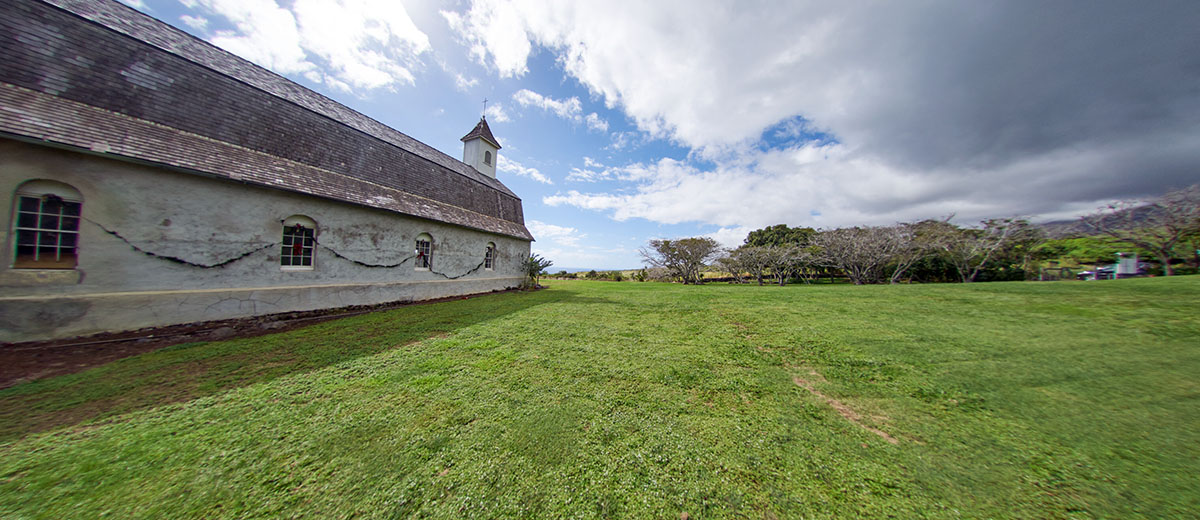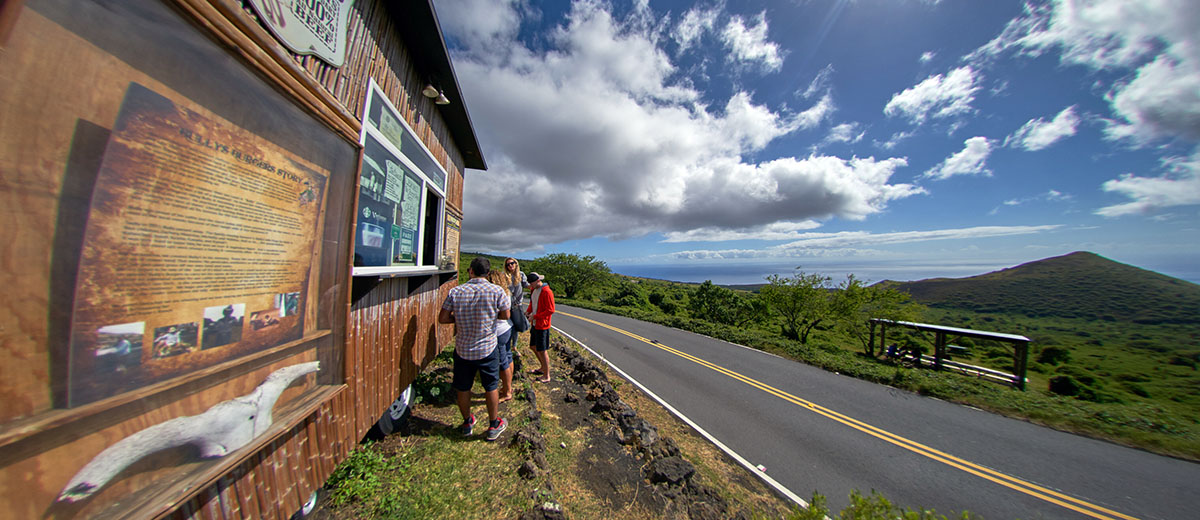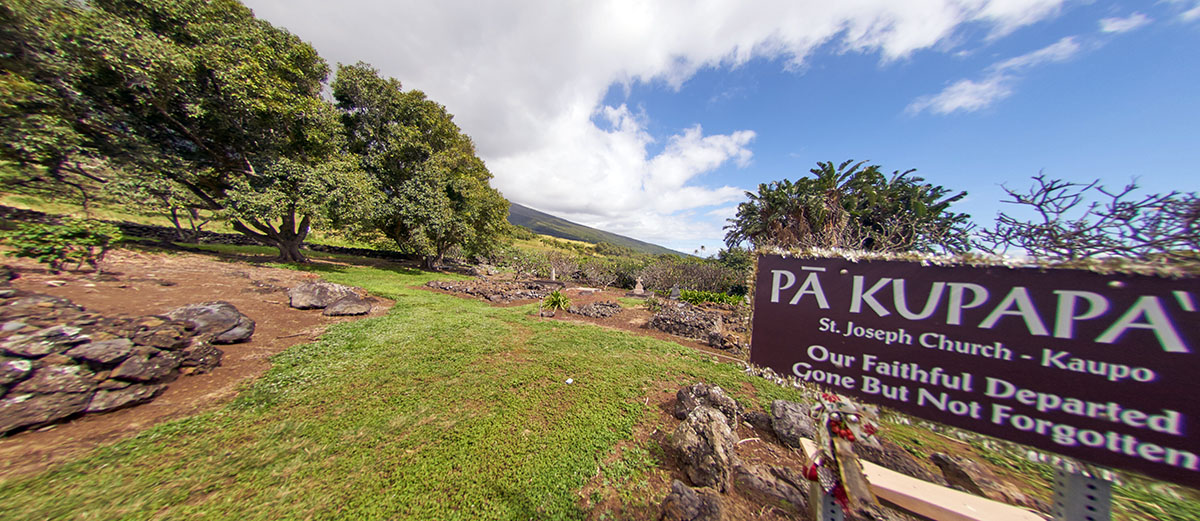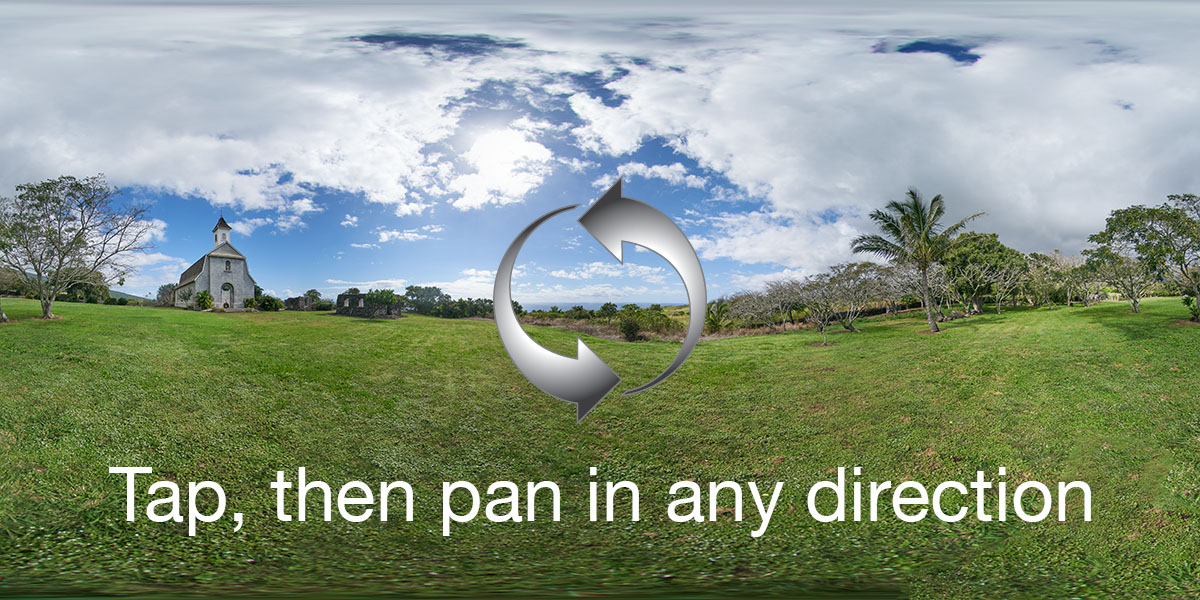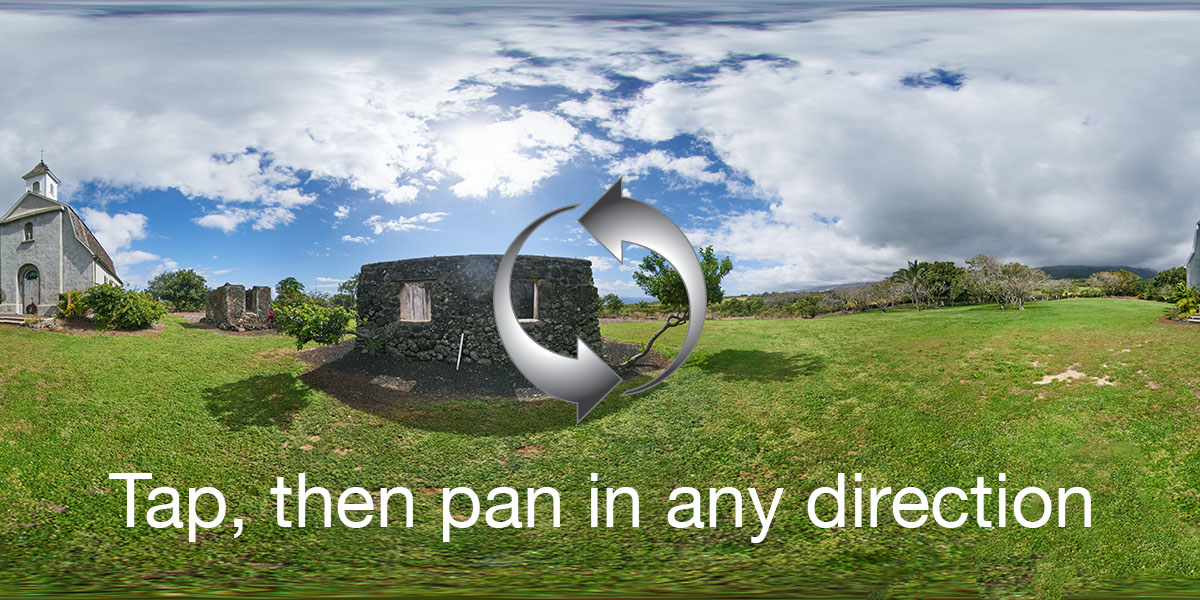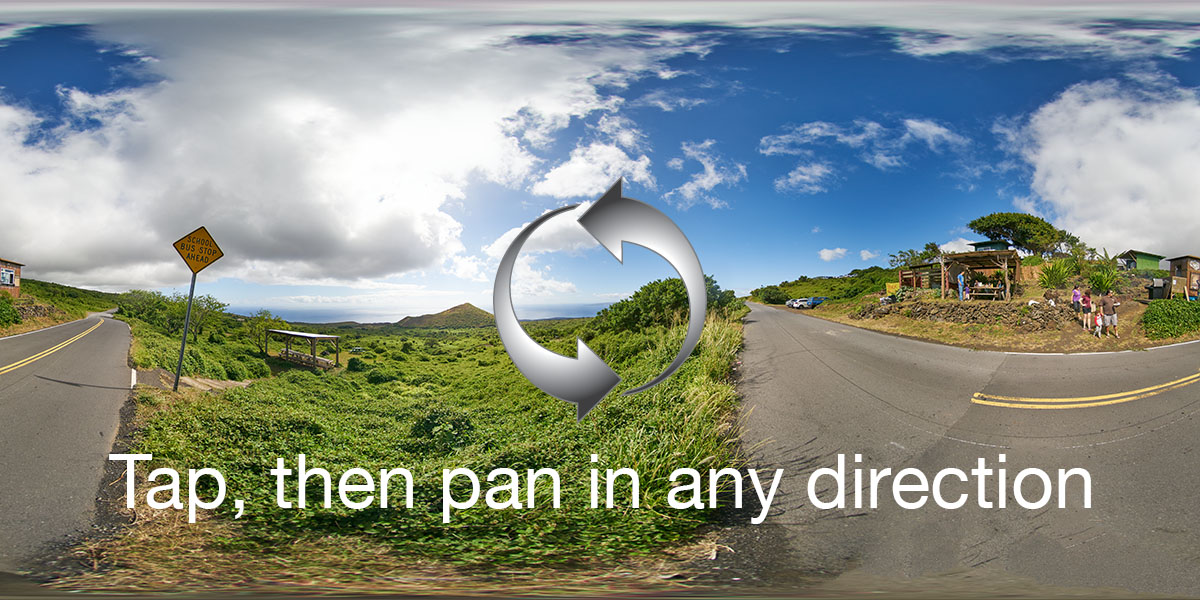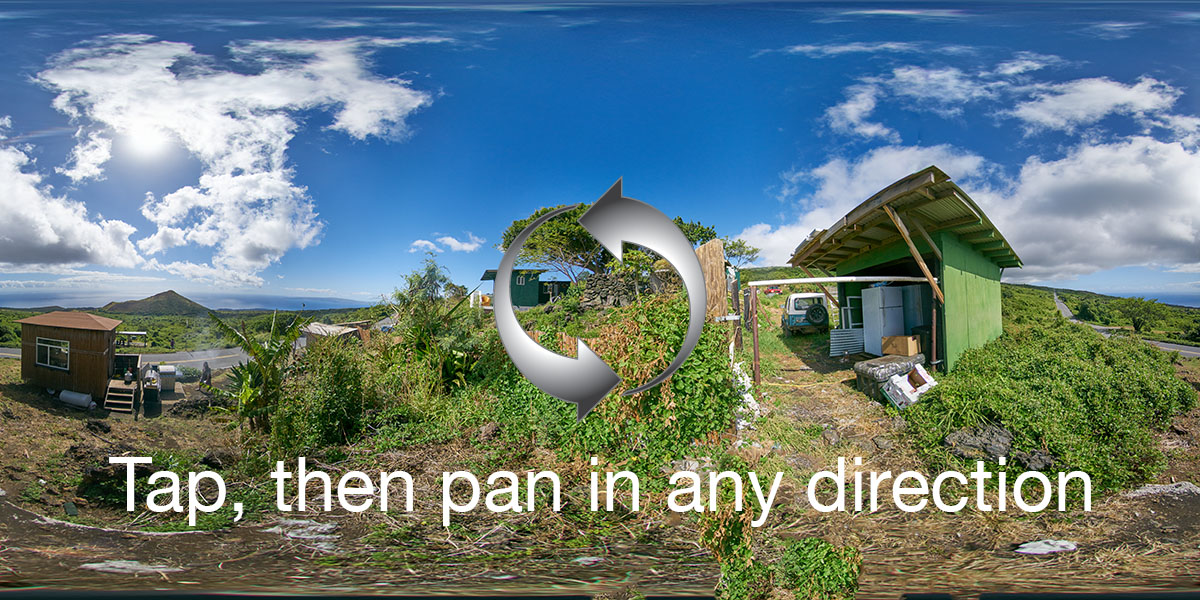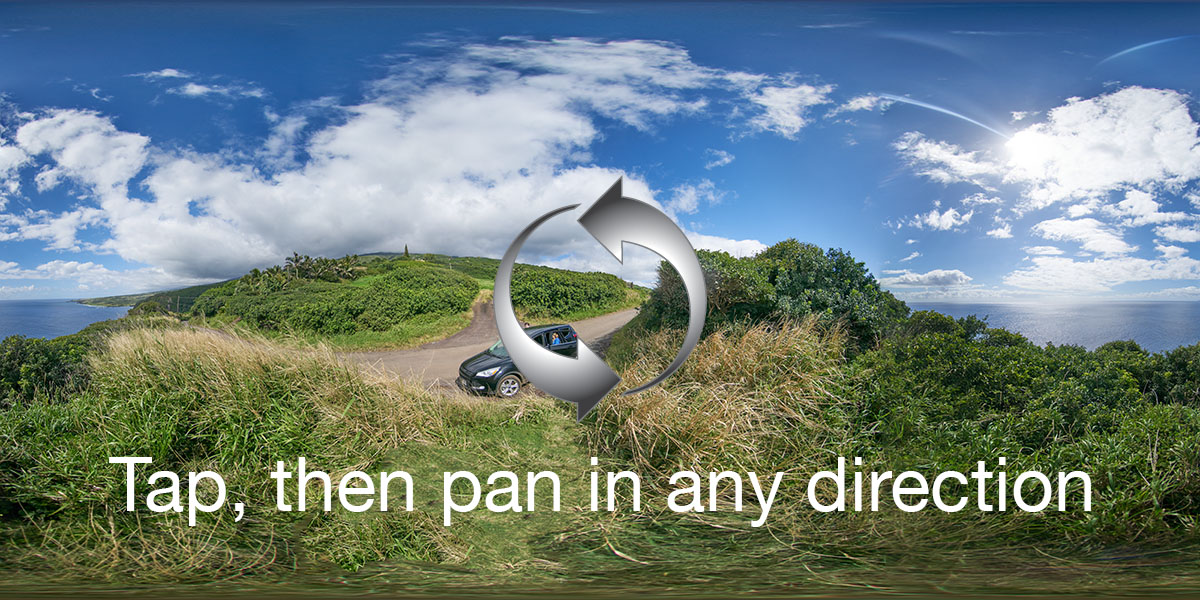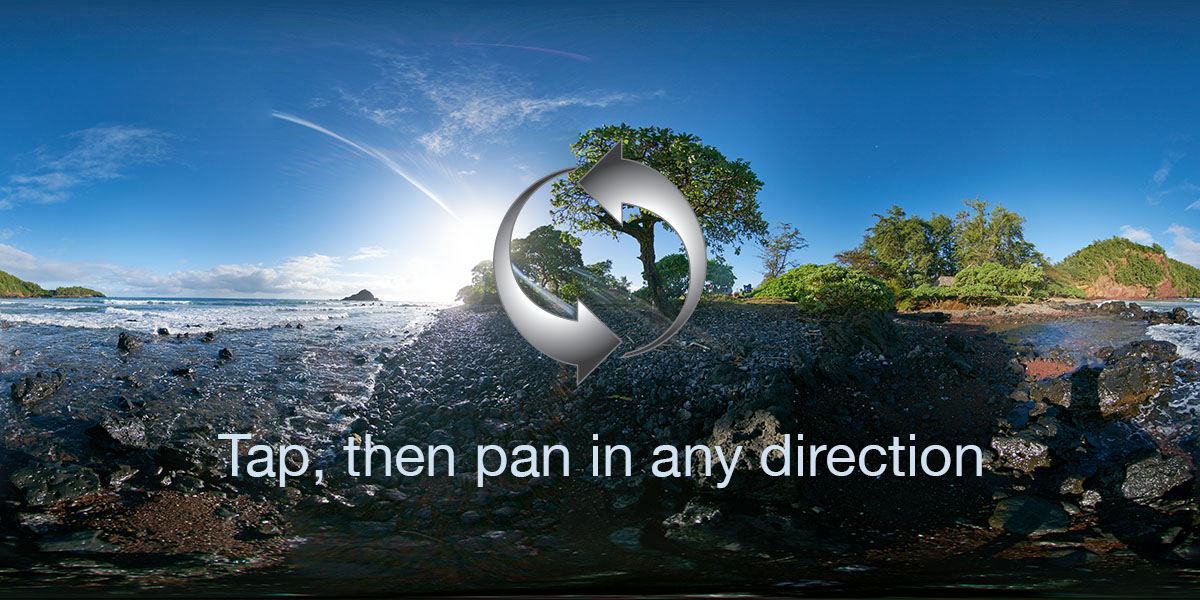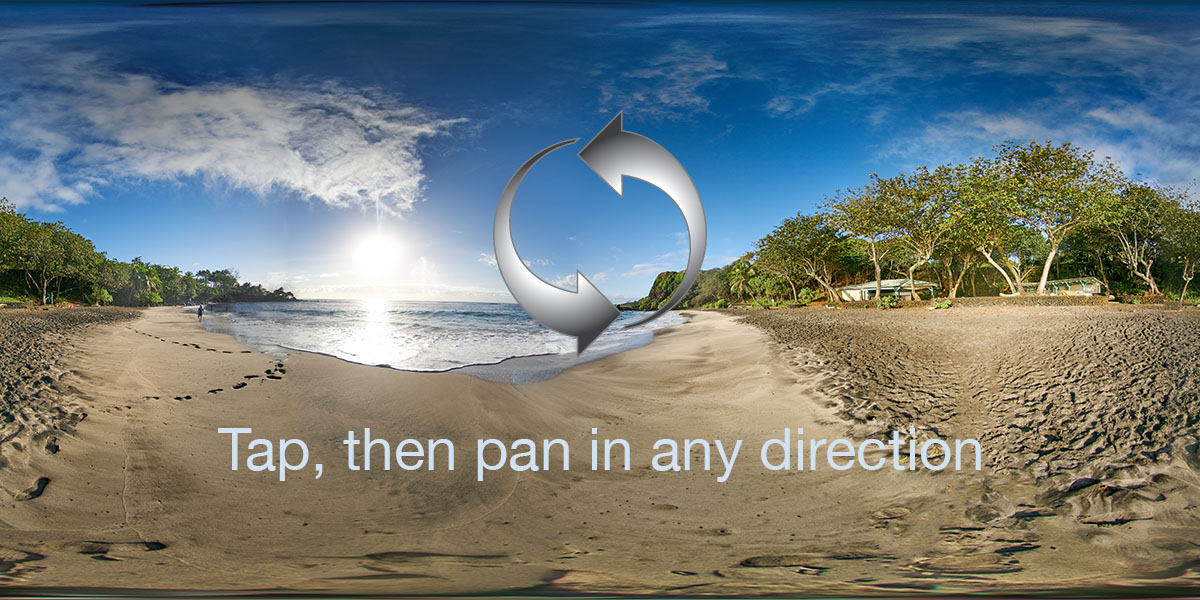Surveys are the most dangerous research tool?—?misunderstood and misused. They frequently straddle the qualitative and quantitative, and at their worst represent the worst of both.
In tort law the attractive nuisance doctrine refers to a hazardous object likely to attract those who are unable to appreciate the risk posed by the object. In the world of design research, surveys can be just such a nuisance.
Easy Feels True
It is too easy to run a survey. That is why surveys are so dangerous. They are so easy to create and so easy to distribute, and the results are so easy to tally. And our poor human brains are such that information that is easier for us to process and comprehend feels more true. This is our cognitive bias. This ease makes survey results feel true and valid, no matter how false and misleading. And that ease is hard to argue with.
“Current Intelligence Politics in Germany and the Future of the Transatlantic Digital Dialogue”
Thorsten Wetzling in Madison [mp3]:
“After two years of “Überwachungsdebatte” (surveillance debate) in Germany and halfway through the NSA-inquiry committee within the German Bundestag, the German government has now begun to discuss ideas on how to reform the current intelligence laws and oversight regime. This discussion sets the scene for understanding post-Snowden, post-Paris intelligence politics in Germany. Next, it introduces the main findings of a recent study on the oversight regime for German SIGINT activities, including its main policy recommendations. Finally, the discussion assesses the future of U.S.-German security cooperation against the backdrop of the Safe Harbor decision of the European Court of Justice.”
I’m glad Wetzling’s schedule included a Madison stop. His talk was an interesting reflection of the post Snowden fallout – from Berlin.
I apologize for the not so great recording quality. The result – from my iPhone – was better than expected.
Links:
Finally, thanks to Elizabeth Covington for organizing these events.
Facebook and Twitter: Users Process Mobile Content Faster
Seventy-three percent of people in the U.S. say their phone is always with them. And nearly half say that they check their phone more than 30 times a day, with that percentage increasing to 62% for millennials, according to research conducted by Facebook.
But people don’t just consume a lot of content on mobile devices throughout the day — they also process it faster. Twitter eye-tracking research has found that across all demographics, people consume content faster on mobile devices than on desktop computers. Facebook testing confirmed this finding: On average, people consume mobile content on Facebook faster than on a desktop (1.7 seconds vs. 2.5 seconds).
Instagram, Twitter and Facebook all also found that scrolling speed varies by age, with younger people moving more quickly through their feeds.
Lightning-fast retention
Content viewed quickly can still break through and be memorable. Twitter, Instagram and Facebook found that the recall of messages can occur in very short amounts of time — even in the first second.
A Drive on Maui’s Piilani Highway
realized the incredible impact that great bosses have
“I don’t care if you have to take drugs, you have to build it in six months,” said my boss, Khurshed Birdie, when I told him that he was on drugs if he thought my team could create a software development toolset in less than three years. This was in 1986 at Credit Suisse First Boston, one of New York City’s top investment banks. We were rebuilding the company’s trade processing systems to run on a client–server model of computing. This technology is common now, but then it was as futuristic as “Star Wars.”
Scenes: High Tech Lab
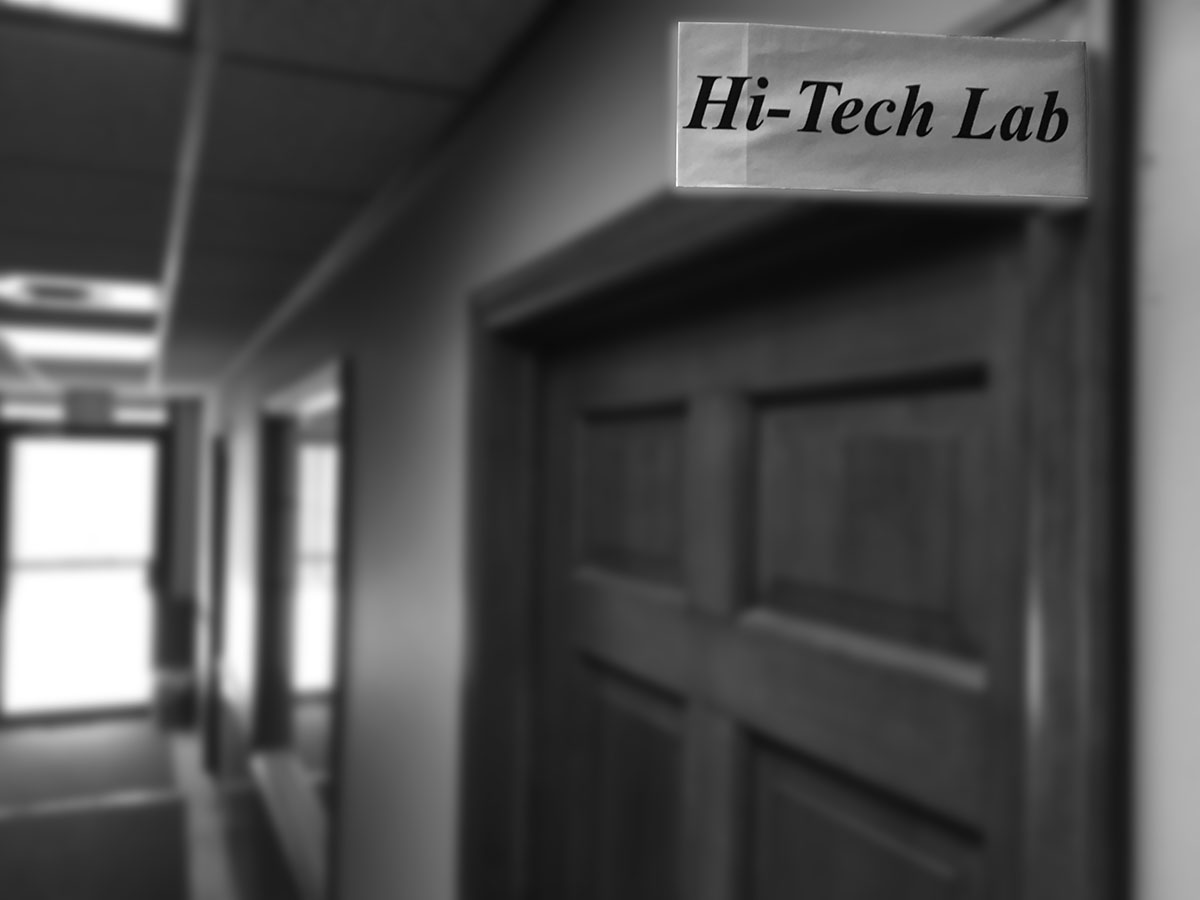
My Larry David Intervention

A glorious evening, full of stars. Warm. A gift for someone escaping the midwest winter.
The walk was brisk but short.
That Sardinian family enjoying burgers at Bully’s (1) was still fresh in my mind. They basked in the serenity that is Piilani highway (2) before beginning their long journey home in just a few short hours.
I approached the entrance of a most sublime place, a long time favorite for its seclusion, beauty, peace, grace, snorkeling and a general lack of shopping.
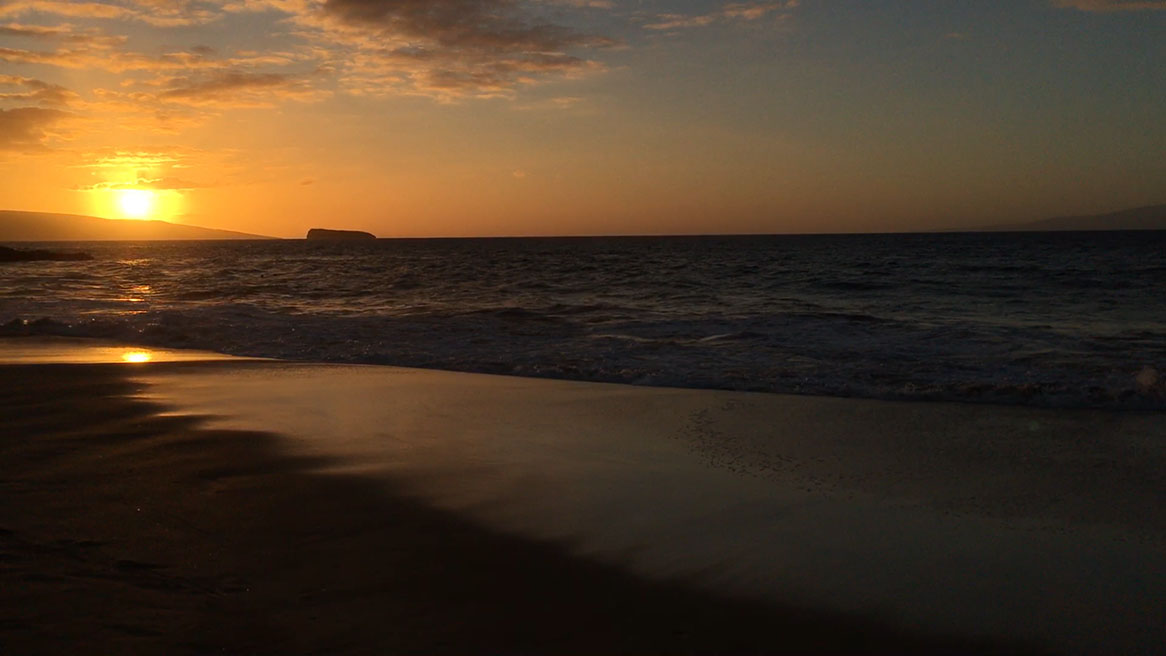
Our paces matched. The face vaguely familiar.
You chose well, I mentioned. This place will soon be paved over, full of condos and shopping.
I asked if he lived here? “No, I live in LA”. “I’m here for a party”.
I turned left, he right with what appeared to be grown children close behind.
Two ships passing in the night.

Larry David (3), a name I vaguely knew, lingering on the edge of my “memory dump” (4), now occupies a place in my head.
Every time I see a Bernie Sanders (5) hat, shirt, billboard, poster, email, tweet, post, thread or a Prius trunk decorated with stickers, it is Larry David that blasts into my mind.
Living in Madison, this is a rather frequent occurrence.
My struggle …….. is likely to continue, awhile longer.

2. Piilani Highway.
3. Larry David.
4. The Memory Dump.
Koki Beach Panorama
Heavenly Hamoa Beach
Winter continues over much of the mainland. Hana’s gorgeous Hamoa Beach offers a respite.


James Michener on Hamoa Beach:
“is so perfectly formed that I wonder at its comparative obscurity. The only beach I’ve ever seen that looks like ‘South Pacific’ was in the North Pacific.”
Hana via wikipedia.
Hana is sublime and well worth a visit.
Free The Law
Our common law – the written decisions issued by our state and federal courts – is not freely accessible online. This lack of access harms justice and equality and stifles innovation in legal services.
The Harvard Law School Library has one of the world’s largest, most comprehensive collections of court decisions in print form. Our collection totals over 42,000 volumes and roughly 40 million pages. The Free The Law project aims to transform the official print versions of these court decisions into digital files made freely accessible on


